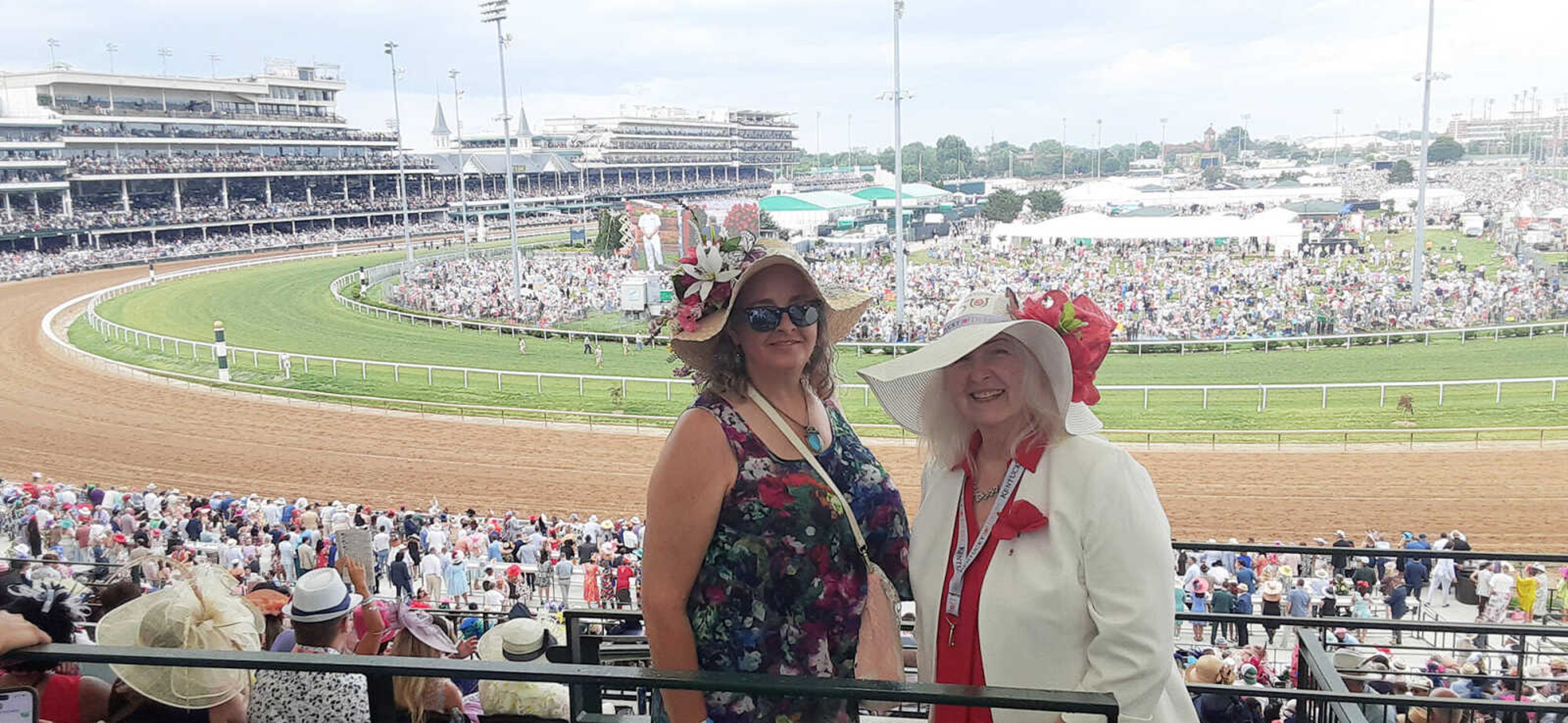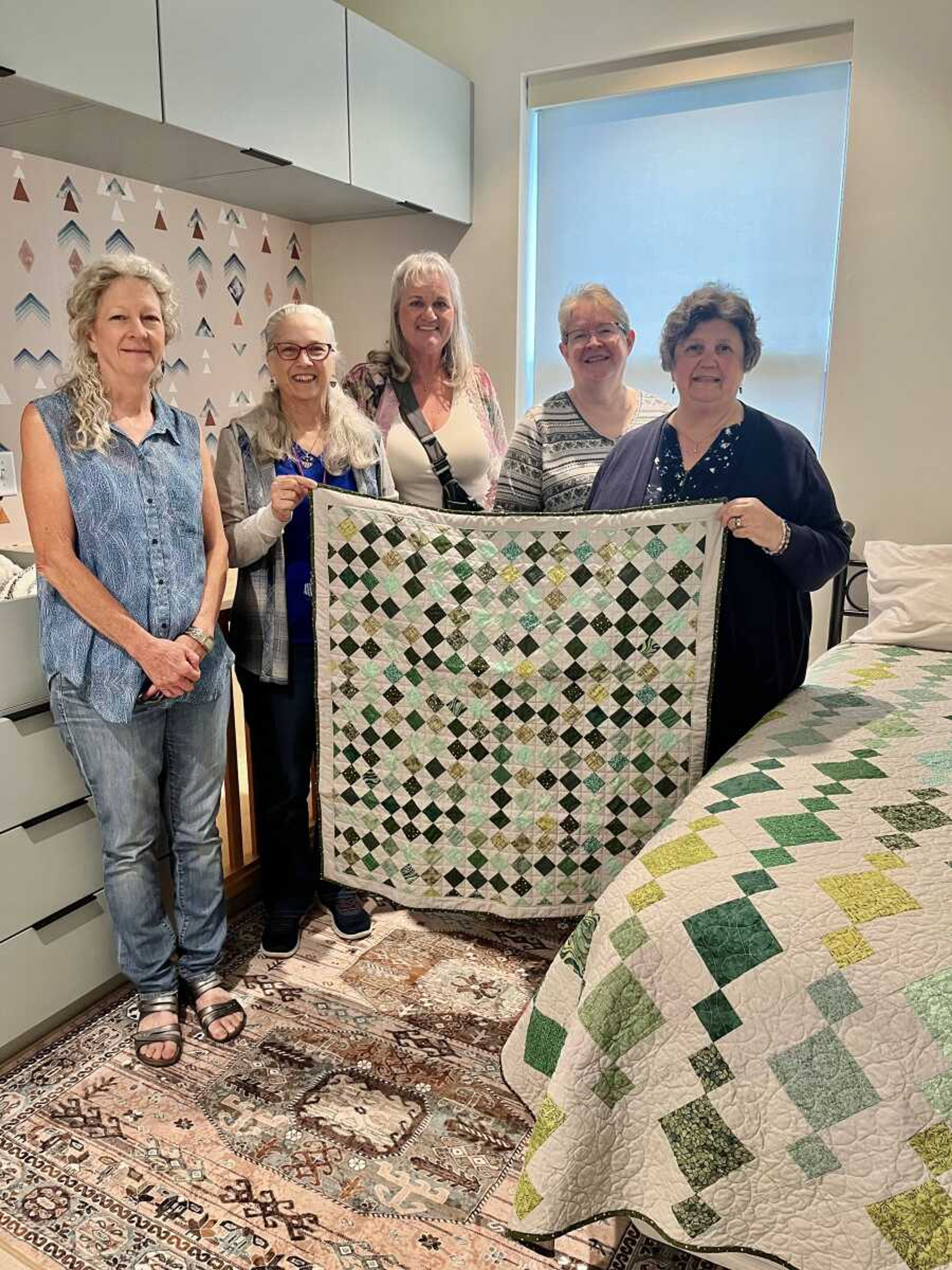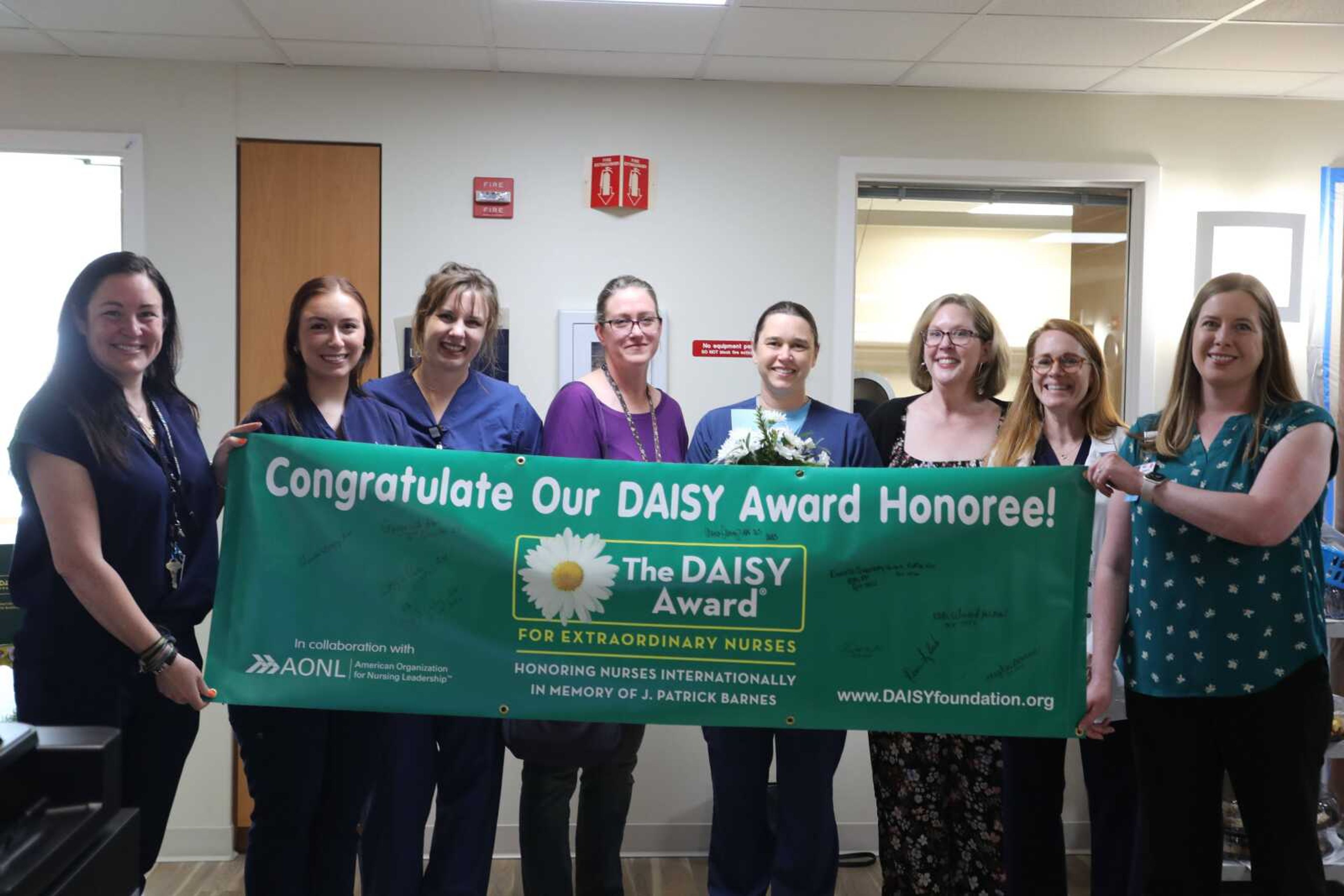Casinos and Common Sense
Our city is at a crossroads. The well-being of its' citizens are in the balance. The tension is palpable in certain places and circles; and the stakes are higher than most people wish to believe. To phrase it so dramatically lends one to think of the lead-in for an investigative television report on some greedy, multi-national evil empire, but what I'm talking about is whether or not a casino is good for downtown, and the rest of the city of Cape...
Our city is at a crossroads. The well-being of its' citizens are in the balance. The tension is palpable in certain places and circles; and the stakes are higher than most people wish to believe.
To phrase it so dramatically lends one to think of the lead-in for an investigative television report on some greedy, multi-national evil empire, but what I'm talking about is whether or not a casino is good for downtown, and the rest of the city of Cape.
"The issue is not whether citizens are free to gamble. The issue is whether billion-dollar gambling interests, in partnership with our government, can use predatory gambling to take away the freedom of millions of citizens." says Les Bernal, executive director of Stop Predatory Gambling. Do not think that anything less than freedom at its' most basic levels aren't under attack. In 1995, Howard J. Shaffer, PhD., of the Harvard Medical School Division on Addictions reported, "Gambling is an addictive behavior, make no mistake about it . . . Gambling has all the properties of a psychoactive substance, and again, the reason is that it changes the neurochemistry of the brain." True freedom does not alter your brain chemistry to get its' way.
Am I just being overly dramatic, reading too much into a potentially beneficial endeavor for our town like a frothing-at-the-mouth conspiracy theorist who knows beyond a shadow of a doubt that the moon landing was faked? That depends on your definition of a frothing-at-the-mouth conspiracy theorist. It just so happens to be that a lot of people much smarter than myself have actually done the research on the effects on municipalities and counties with casinos, versus those without. I will share some of the information I have discovered and let you decide yourselves.
Let us look at the biggest, and most important selling point to the community the casino wants to establish itself in. A selling point that causes people to be in favor of a casino: JOBS.
According to a study by Professor Earl L. Grinols, Dept. of Economics, at the University of Illinois," Most casinos attract 80% or more of their market from a 35-50 mile radius. Casinos absorb existing entertainment, restaurant and hotel business, and deplete dollars available to other retail businesses. That destroys other jobs in the trade area and eliminates their sales, employment and property tax contributions."
So if you own a restaurant in the downtown area (do we have any readers that fit that description?), or happen to have a retail business (might there be anyone that owns a business downtown?), you can expect to lose a significant portion of your business to a competitor that offers cheap food and alcohol in an environment that erases the ability to tell time and rewards those who keep their business (and winnings) within the casino. Because, let's be realistic. How many casino patrons do you think earmark a portion of their winnings for that cute antique vase they saw on the way in?(Check out the book "Comped" by former addict, now author and activist Bill Kearney.)
Professor Grinols goes on to state that "the value of an additional job has been estimated to be worth as little as zero to the community, or between $0-$1,500. In a typical county of 100,000 adults the introduction of casinos would create additional social costs of $12.7 m annually and direct social benefits of $4.2 m. Using $750 as the average value to the rest of the county of a job means that casinos would have to increase the total number of jobs in the county by more than 11,333 to improve well being of residents, an unlikely outcome."
The previous paragraph hinted at the second selling point for casinos: REVENUE.
The most recent study of all the casino counties in the nation confirmed personal bankruptcy rates are 100% higher in counties with casinos than in counties without casinos. I'm not a rocket surgeon, but I'm pretty sure that even at half that rate, the amount of public assistance necessary to help support those who were unfortunate enough to have to file for bankruptcy would quickly burn through any additional revenue the city would have gathered from the casino. Then again, I'm not an expert; and public assistance is just one area in an intricate interweaving of social systems that would be undermined by a 50% bankruptcy rate. Professor Grinols found that each compulsive gambler costs the economy between $14,006 and $22,077 per year. If 2% become addicted, that's $280 to $440 per year paid by every other citizen!
You might at this point find yourself thinking, 'Now hold it right there, buddy. I don't have a gambling problem. I wouldn't be one of those mindless zombies that sit and pump pennies, nickels and quarters into slot machines for hours. I know when to step away from the tables.'
To those who gamble, and have the self-control to stop when you have planned to stop, then I say 'bravo' to you sir/ madam. As a whole, we are not a nation that knows "when to say when".
Researchers at the National Opinion Research Center combined data from a national telephone survey with data from a casino patron survey and found that adults living within 50 miles of a casino had double the probability of pathological or problem gambling. Poverty, lower education level and other social and economic factors can effect gambling addiction, and they can be accelerated by the proximity of gambling outlets. The National Gambling Impact Study (1999) found that low-income individuals participate in lotteries at a much higher rate than do higher-income players.
A study resulting in the publishing of the paper "The Relationship of Ecological and Geographic Factors to Gambling Behavior and Pathology" states: "Neighborhood disadvantage shows . . . a strong positive effect on frequency of gambling and pathological or problem gambling. For every increase of one standard deviation in neighborhood disadvantage the odds of being a pathological or problem gambler increase by 69%. . . . A casino within 10 miles of home is associated with a 90% increase in the odds of being a pathological or problem gambler."
This essentially says that if you are poor and live within ten miles of a casino, you have a 159% increased risk of becoming a problem gambler! Those of us who have money only face a 90% chance!Only 90%! Problem and pathological gamblers comprise a sharply disproportionate share of gambling losses, contributing 30 to 50% of all gambling losses. They also often comprise half the gamblers participating at any given time. When I look at the proposed location of the casino and then look at the fiscal state of the residents in the surrounding area... I can't help but be concerned.
I can't help but be concerned for the inevitable crime that is the result of people with addictions doing what they have to do to feed their demons. The worst part is how the criminals aren't imported. They don't follow the casinos like a dedicated fan travels miles away from their home to watch their favorite band perform halfway across the country. Desperate to "chase" and recover gambling losses, pathological gamblers often turn to crime. Fraud and embezzlement become common among formerly hard-working and highly trusted people. The criminals aren't strangers, they are people you know! They are created from the existing population!
Violent crimes also increase. Three years after the introduction of casinos in Atlantic City, there was a tripling of total crimes. Per capita crime there jumped from 50th in the nation to first. Comparing crime rates for murder, rape, robbery, aggravated assault, burglary and motor vehicle theft reveals Nevada is the most dangerous place to live in the United States, and we want to bring a piece of it here. This makes me wish the famous Nevada city's motto to be true: "What happens in Vegas, stays in Vegas."
If the threat of increased bankruptcy, loss of jobs and revenue, the possibility of developing a gambling addiction, and home-grown violent and non-violent criminals aren't enough to make you think twice about a "yes" on bringing a casino into our town, findings from the Annenberg national risk survey of youth, 2003 national survey shows casinos, slots and lotteries attract youths into the potentially addictive habit of gambling. "Approximately 8% of all youth in the survey gamble weekly and report one or more problems associated with gambling, such as spending more than they would like on gambling and being preoccupied with their habit. More young men ages 14 to 17 have tried gambling than cigarette smoking or drinking alcohol. Although young women have not tried gambling to the same degree, their gambling experience is considerably greater after age 17 and approaches that of young men."
Our kids are going to do exactly what they see their parents do. If it is socially acceptable to spend too much at the casino, guess what bad spending habits they're going to develop? If you end up maxing out your plastic because you thought you were "on a heater" and the ball hits red when you needed black, guess what they're going to learn to do when they turn 18 and can legally start racking up debt of their own? When you resort to stealing the money given to you from the state to buy food for your kids to spend on the boat, guess who is going to neglect their own kids? When you end up selling yourself for cash or start stealing from strangers or even family members because you have a monkey on your back named blackjack, guess who is going to end up doing the same thing?
The cumulative effect of introducing an addictive "recreational" pastime like gambling is so insidiously hidden by those with an interest in it, that most people truly have no idea how horribly wrong the whole thing can go and how quickly it can go there. They are fed inaccurate data that is "stacked" in the casinos' favor. Imagine that, a gambling establishment that has the odds in their favor! It's almost like a study on the health benefits of fatty foods funded by a lard company.
But don't take my word alone as the last and final word. I have spent time and effort looking into the pros and cons of a casino for this area. I just don't see how common sense could allow me to decide to voluntarily destroy the community I live in and love.
A smart man from Hannibal once wrote, "It is easier to stay out than to get out." Let us keep this in mind as the days count down to when we decide the fate of our beautiful city of Cape Girardeau. Will her fate be freedom from slavery or a slow, greedy death? Martin Luther King Jr. said it all when he said," The ultimate measure of a man is not where he stands in moments of comfort and convenience, but where he stands at times of challenge and controversy."
I sound a call to those who care about this city, and who see the light to stand; and to take a stand. (For more information, links, and sources go to www.ncalg.org.)
Connect with the Southeast Missourian Newsroom:
For corrections to this story or other insights for the editor, click here. To submit a letter to the editor, click here. To learn about the Southeast Missourian’s AI Policy, click here.









